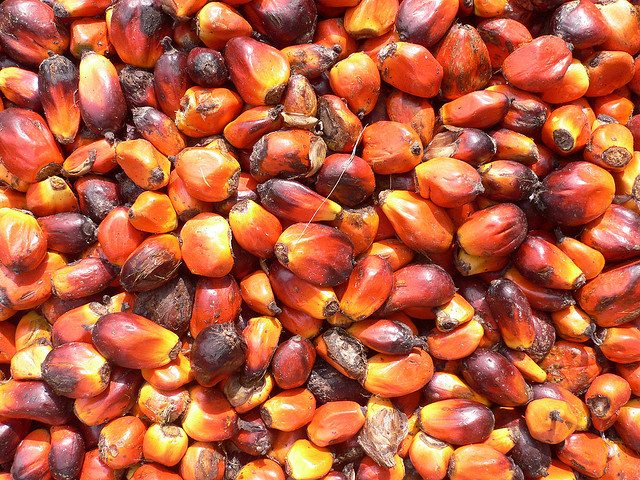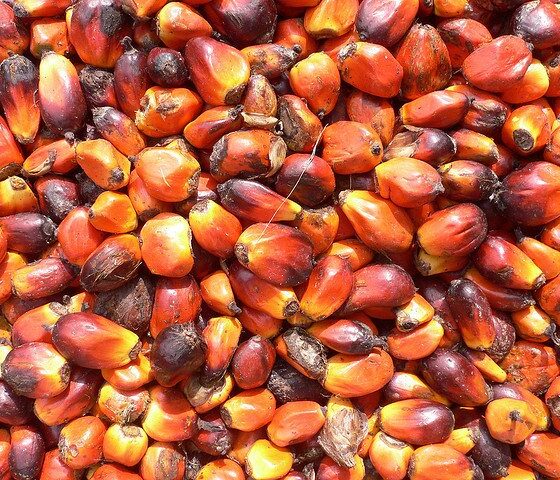

Environment
Consumers willing to pay more for sustainable palm oil, study finds
Supermarkets could help save endangered species by increasing prices for products that use eco-friendly palm oil, a new study has found. The research also found that consumers would be willing to pay more for palm oil that is sustainably grown.
Palm oil is often used in the food industry, as a cheap substitute for butter, and within beauty products. However, many of the areas being used for oil palm plantations have been converted from tropical forests, resulting in local ecosystems being negatively impacted. Endangered species, including tigers, elephants, orangutans and rhinos, are also affected by the palm oil plantations as a result.
The University of East Anglia research looked for ways to make conservation profitable as a way to encourage more private companies to become involved.
Lead researcher Professor Ian Bateman, from the university’s School of Environmental Sciences, said, “International governments have failed to stem the environmental damage caused by palm plantations. We wanted to find new way of halting biodiversity loss that actually becomes profitable for private companies.”
The researchers carried out biodiversity surveys across palm plantations, nurseries, forests and cleared land in Sumatra. They also assessed company financial records to how setting aside land for conservation affects biodiversity and company costs.
The findings highlighted that the location of conservation areas had a major effect on both wildlife and company profits. However, the researchers identified areas to provide the best balance between promoting biodiversity and cutting costs. Coupled with the fact consumers are ailing to pay a premium price for conservation palm oil suggests that firms could profit from considering the environment.
Bateman added, “Consumers’ willingness to pay for sustainably grown palm oil has the potential to incentivise private producers enough to engage in conservation activities. This would support vulnerable ‘Red List’ species.
“Combining all of these findings together allows us to harness the power of the market and identify locations where cost effective and even profitable conservation can take place.”
Separate research published earlier this year found that the EU is one of the largest importers of illegal deforestation products, including palm oil. The UK was highlighted as one of the largest consumers of the goods assessed in the study.
Photo: oneVillage Initiative via Flickr
We’re live on Crowdcube. To own a share in our tomorrow, click here.
#investaware

Further reading:
Palm oil producers urged to commit to sustainability to safeguard investment
EU one of the largest importers of illegal deforestation products
Skincare companies under scrutiny over palm oil use


 Environment12 months ago
Environment12 months agoAre Polymer Banknotes: an Eco-Friendly Trend or a Groundswell?

 Features11 months ago
Features11 months agoEco-Friendly Cryptocurrencies: Sustainable Investment Choices

 Features12 months ago
Features12 months agoEco-Friendly Crypto Traders Must Find the Right Exchange

 Energy11 months ago
Energy11 months agoThe Growing Role of Solar Panels in Ireland’s Energy Future




























